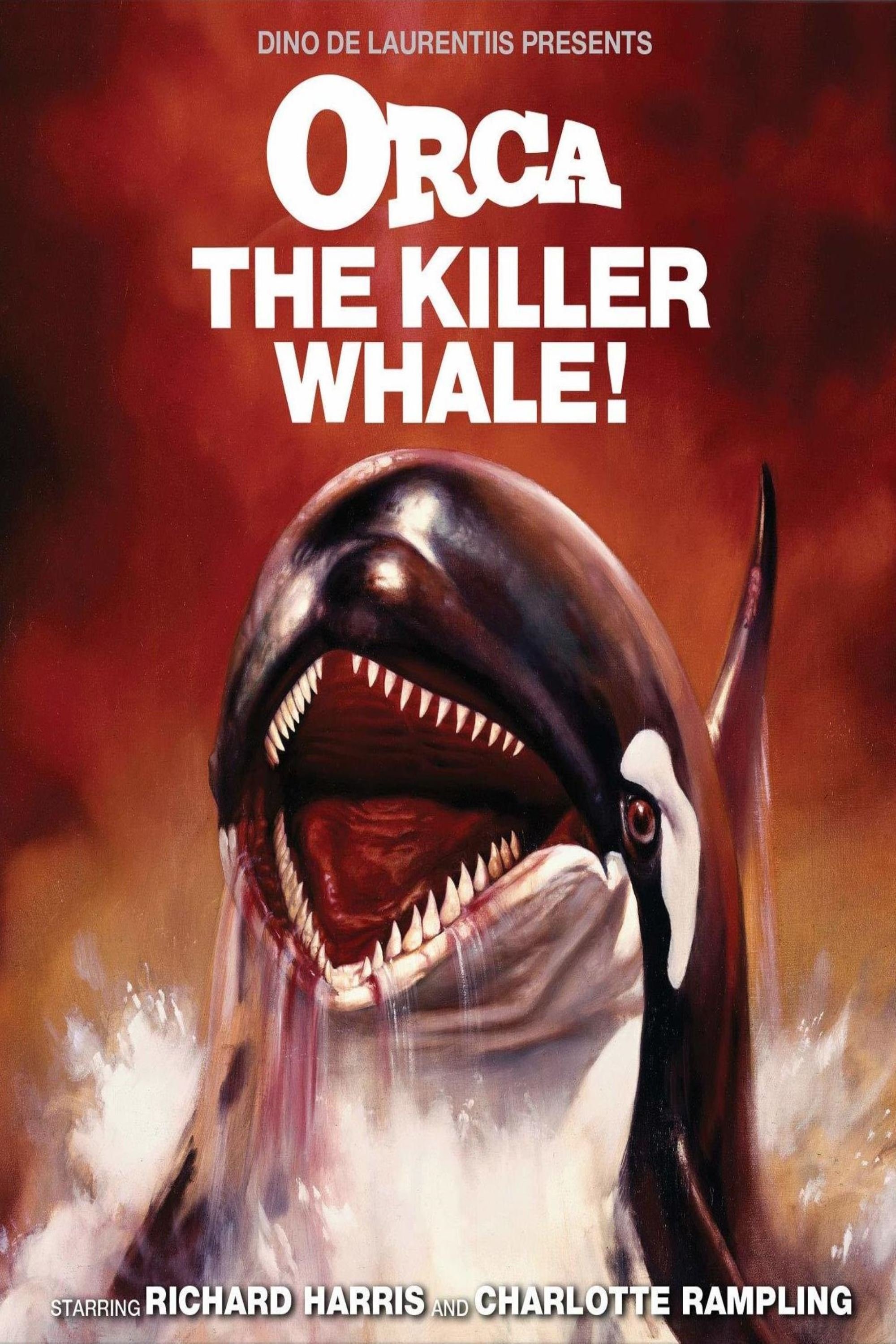Watch Orca (1977): Harris Vs. Killer Whale
Can a creature of the deep truly understand vengeance? Orca (1977), a film steeped in both thrilling action and unsettling moral questions, dares to explore this very premise. The film plunges viewers into the icy depths of the North Atlantic, where a fateful encounter between man and beast ignites a cycle of violence and retribution.
Captain Nolan (Richard Harris), a seasoned fisherman driven by profit, harpoons a pregnant orca, an act that unleashes the fury of her mate. This male orca, a magnificent and intelligent creature, embarks on a relentless pursuit of Nolan, turning the hunter into the hunted. The film portrays the orca not as a mindless monster, but as a grieving partner and parent, capable of calculated and devastating revenge. The once-familiar fishing grounds become a battleground, as the orca systematically targets Nolan's crew and livelihood, turning the tranquil harbor into a scene of escalating terror.
| Name: | Richard Harris |
| Born: | October 1, 1930, Limerick, Ireland |
| Died: | October 25, 2002, London, England |
| Profession: | Actor, Singer, Songwriter, Director, Writer |
| Notable Roles: | King Arthur in Camelot (1967), Frank Machin in This Sporting Life (1963), Albus Dumbledore in Harry Potter and the Sorcerer's Stone (2001) and Harry Potter and the Chamber of Secrets (2002) |
| Reference: | Britannica Entry for Richard Harris |
Released in 1977, amidst the wave of animal-centric thrillers sparked by Jaws (1975), Orca distinguishes itself by attempting to delve into the motivations of the animal antagonist. The film raises questions about the ethics of hunting intelligent creatures and the potential consequences of disrupting the delicate balance of nature. While some critics dismissed the film as a derivative of Jaws, others appreciated its attempt to explore themes of animal intelligence, grief, and revenge. The film's visual effects, particularly the depiction of the orca, were considered impressive for the time, adding to the overall suspense and tension.
The story unfolds against the stark beauty of Newfoundland and Malta, where the film was shot. The remote locations add to the sense of isolation and vulnerability experienced by Nolan and his crew. The chilling soundtrack further enhances the atmosphere of dread, underscoring the relentless pursuit of the vengeful orca. The film culminates in a dramatic confrontation in the Arctic, a fittingly epic backdrop for the final showdown between man and whale.
Beyond the thrilling hunt, Orca touches upon deeper themes. Charlotte Rampling's character, a marine biologist, serves as a voice of reason, arguing against Nolan's reckless actions and highlighting the intelligence and social complexity of orcas. Will Sampson, portraying an indigenous tribalist, adds another layer to the narrative, offering a spiritual perspective on the relationship between humans and nature. He warns of the consequences of disrespecting the natural world and emphasizes the interconnectedness of all living things.
The film's ending, though somewhat ambiguous, leaves a lasting impression. It raises questions about the nature of revenge, the limits of human understanding, and the enduring power of the natural world. While Orca may not have achieved the same level of critical acclaim as Jaws, it offers a unique perspective on the human-animal conflict, prompting viewers to consider the consequences of their actions and the potential for both destruction and understanding in the face of the unknown.
Orca's narrative structure echoes the classic revenge tale, with Nolans initial act of violence setting in motion a chain of escalating events. The orca's pursuit is portrayed with a chilling intelligence, suggesting a conscious desire for retribution rather than mere instinctual aggression. This deliberate portrayal of the orcas actions elevates the film beyond a simple monster movie, exploring the potential for complex emotions and motivations in animals.
While the film garnered mixed reviews upon its release, its enduring legacy lies in its exploration of themes that remain relevant today. Orca serves as a cautionary tale about the dangers of human hubris and the importance of respecting the natural world. The films striking imagery and suspenseful narrative continue to captivate audiences, inviting them to contemplate the complex relationship between humanity and the creatures we share this planet with.
The film's impact extends beyond its entertainment value, sparking discussions about the ethical treatment of animals and the need for conservation efforts. Orca contributes to a growing awareness of the intelligence and sentience of marine mammals, challenging anthropocentric views and encouraging a more respectful approach to our interactions with the natural world.
Whether viewed as a thrilling adventure, a cautionary tale, or a thought-provoking exploration of animal intelligence, Orca remains a compelling piece of cinematic history. Its influence can be seen in subsequent films and documentaries that have further explored the fascinating world of orcas and their complex relationship with humanity.


